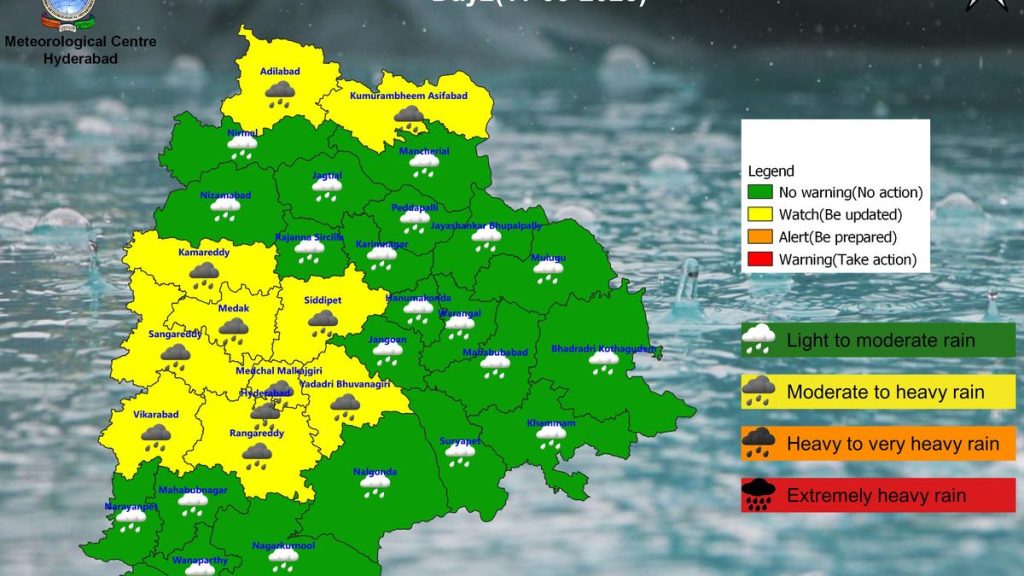Now Reading: Propaganda: Rethinking Its Role and Perception
-
01
Propaganda: Rethinking Its Role and Perception
Propaganda: Rethinking Its Role and Perception

Quick Summary
- Nathan Crick, professor at texas A&M University, redefines propaganda as “a value-neutral set of techniques for mass persuasion.”
- Propaganda has evolved from its historical roots in positive connotations tied to religion to its current association wiht manipulation and lies.
- Modern life and media saturation make propaganda omnipresent, notably driven by social media dynamics.
- Examples of positive use include the American Revolution’s Declaration of Independence and modern climate action campaigns.
- Negative impacts include sectarianism created by binary labeling on digital platforms leading to polarization.
- Crick emphasizes ethical use of propaganda, urging individuals-especially young activists-to critically analyze messaging and focus on downstream impacts rather than reactive actions.
Image: Nathan Crick’s perspective on modern democracy as a product of propaganda highlights how ethical tactics can drive societal change (Photo courtesy: Nathan Crick)
Indian Opinion Analysis
Propaganda is a concept frequently enough viewed negatively due to its associations with authoritarianism globally; though, Nathan Crick’s reframing offers a timely insight for India’s diverse media terrain. With India’s expanding social media penetration influencing public opinion across all sectors-from political movements to corporate branding-the capacity for large-scale persuasion demands critical literacy among citizens and policymakers alike.
While ethical propagation was integral in shaping historic revolutions globally, including India’s independence movement through print-based messaging strategies like Gandhi’s “Harijan” publications, adapting these tactics responsibly in today’s online habitat is key to mitigating sectarian divides within India’s vast demographic diversity.
Recognizing the duality inherent in any information ecosystem implies that education focusing on recognizing such tools ethically is vital for India moving forward-especially amidst challenges like climate advocacy or combating misinformation campaigns during elections. Encouraging cross-generational understanding via transparency rather than reactive dramatization may pave paths toward less divisive citizen engagement without fostering extremities either politically nor environmentally dominated spheres becoming echo chambers both here domestically beyond context export-effects thereafter digitally opens effects multiplier indirect reaching మరి narrative-generation aligns future trends narratives-policy reform adaptation.


























